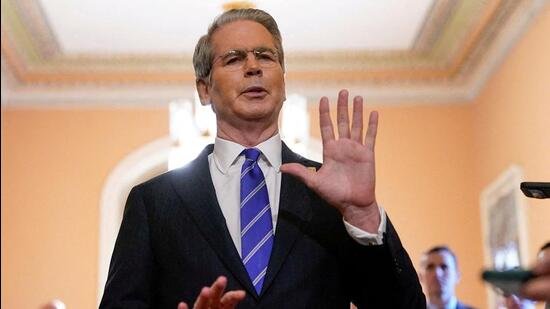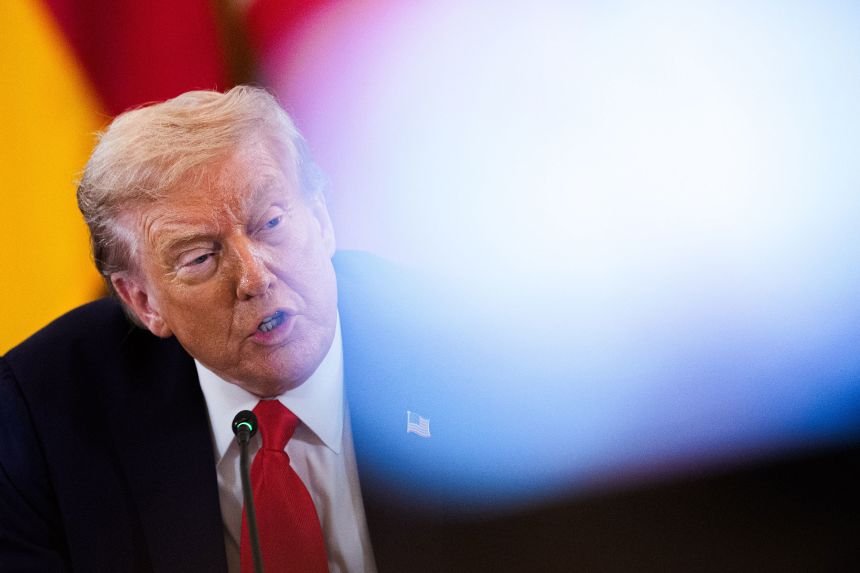There had been hopes that Alassane Ouattara, Ivory Coast’s 83-year-old president, might make good on his promise to step down after three terms in office. (The constitutional limit is two, though he claims to have “reset” this through a constitutional review.)

At a time of democratic decline in the west African country’s neighbourhood, bowing out would have signalled a commitment to a peaceful transfer of power for the first time in 30 years. It would also have shown a desire to protect the relative economic success that he helped usher in after two devastating civil wars.
Alas, on July 29th Mr Ouattara announced that he would run for a fourth term at presidential elections in October. He claims that the country’s economic and security challenges require a leader who has “experience” in managing such things.
That argument has not gone down well. Tens of thousands of Ivory Coast’s 33m people have taken to the streets in recent days to demand free and fair elections and the reinstatement of banned opposition candidates. Observers reckon the protests are the largest since 2020. Thankfully, they have so far been largely peaceful. Yet unless Mr Ouattara de-escalates, worse may be to come.
The protests reflect the success of opposition parties in rallying support on the streets in the face of government repression. Several opposition candidates have been barred from running in the elections. The two who would have posed the most serious challenge to Mr Ouattara are Tidjane Thiam, a former boss of Credit Suisse, and Laurent Gbagbo, a former president who refused to concede to Mr Ouattara in the election in 2010, sparking a civil war.
Mr Thiam was excluded when a court ruled that he was not an Ivorian citizen when he registered his candidacy (he held French citizenship for nearly four decades before renouncing it in March). Mr Gbagbo was barred based on a criminal conviction for his conduct in the civil war in 2010-11. The two men’s parties have joined forces to push for the reinstatement of their candidates, an overhaul of the electoral commission and other reforms.
Yet with two months to go until the vote, the odds are against them. The government, not content with barring opposition candidates, keeps arresting their supporters. “It is really an autocratic state,” claims Noël Akossi Bendjo of Mr Thiam’s party. Mr Thiam, whose citizenship status is still unclear, says he cannot safely return to Ivory Coast and is running his election campaign from Paris.
Having no legal avenue to reinstate the disqualified candidates, the opposition alliance has little in common apart from its dislike of Mr Ouattara. It has not managed to find a new standard-bearer around whom to rally. With nominations due by August 26th, it is unlikely to do so in time to mount a successful campaign.
Mr Ouattara, meanwhile, remains popular despite his refusal to vacate the top job. He is protected by his party’s control over the country’s institutions, says Beverly Ochieng of Control Risks, a consultancy. He has presided over a stellar economic recovery and largely kept at bay the jihadists who have been menacing neighbouring countries. Foreign investors see his government as a beacon of stability in a chaotic region. So do many Ivorian voters. He could probably win an election even without excluding opponents.
Yet Mr Ouattara’s recalcitrance bodes ill for democracy in Ivory Coast and the region. His victory in the election in 2020 sparked violent protests after the opposition boycotted the vote and rejected the result. At least a dozen people were killed in the violence. His age is another worry: should he become too ill to govern while in office, it could spark a political crisis.
The coming election is Mr Ouattara’s second opportunity to make Ivory Coast an example to its neighbours in politics as well as in economics. Short of stepping down, he might yet make good on it if he finds a way of entering into dialogue with the opposition and assuaging those Ivorians who are keen for a change. But instead he looks set to squander it.
Sign up to the Analysing Africa, a weekly newsletter that keeps you in the loop about the world’s youngest—and least understood—continent.






